The Experience Café “Cooperation in social actions initiated by academia as a response to crisis situations”
was successfully held at Lviv Polytechnic National University on May 9th 2024.
The event focused on discussing and exchanging experiences on cooperation in social actions initiated by
academic communities, especially in the context of responding to crisis situations. Participants had the
opportunity to get acquainted with examples of successful initiatives and discuss opportunities for their
expansion and improvement.

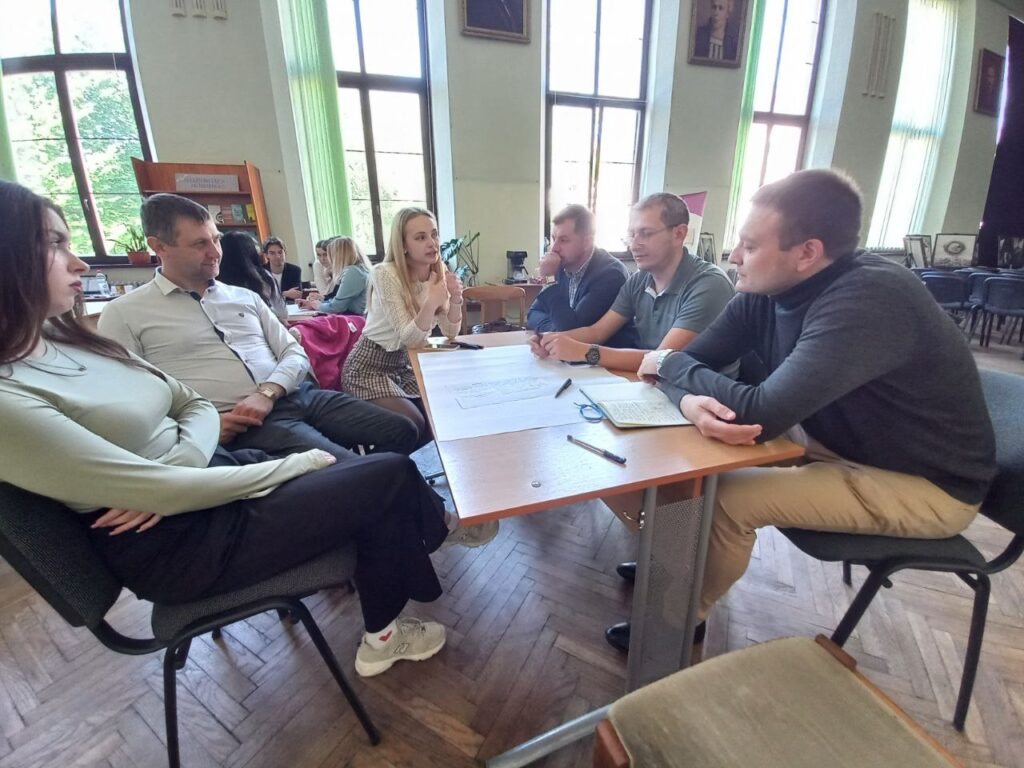
The event was attended by 27 participants (teachers, students and non-academic staff of Lviv Polytechnic).
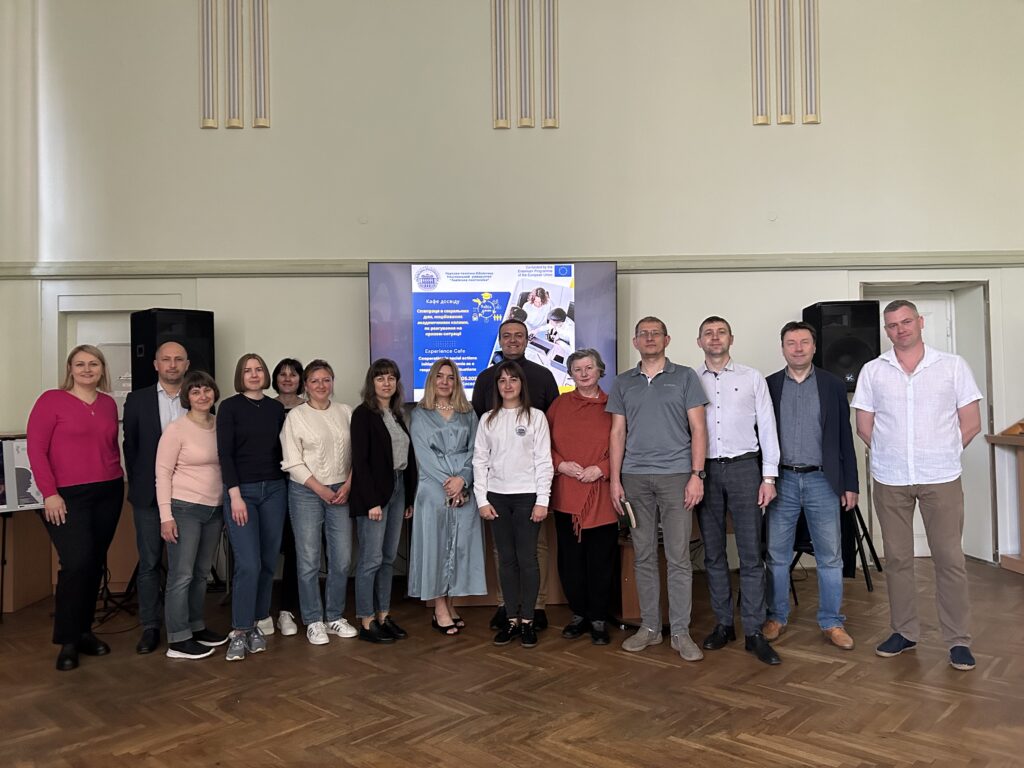
The event was held in the format of interactive activities, where all participants worked in small teams
under the guidance of their leaders.
The team leaders were:
- Oleksandr Berezko, PhD, Associate Professor, Associate Professor of the Social Communications
and Information Activity Department, Lviv Polytechnic National University, ex-president of
EuroDoc; - Iryna Sniadanko, Doctor of Psychology, Professor, Head of the Theoretical and Practical
PsychologyDepartment, Lviv Polytechnic National University; - Ivan Khoma, PhD in History, Associate Professor, Head of the History, Museum Studies and Cultural
Heritage Department, Lviv Polytechnic National University.
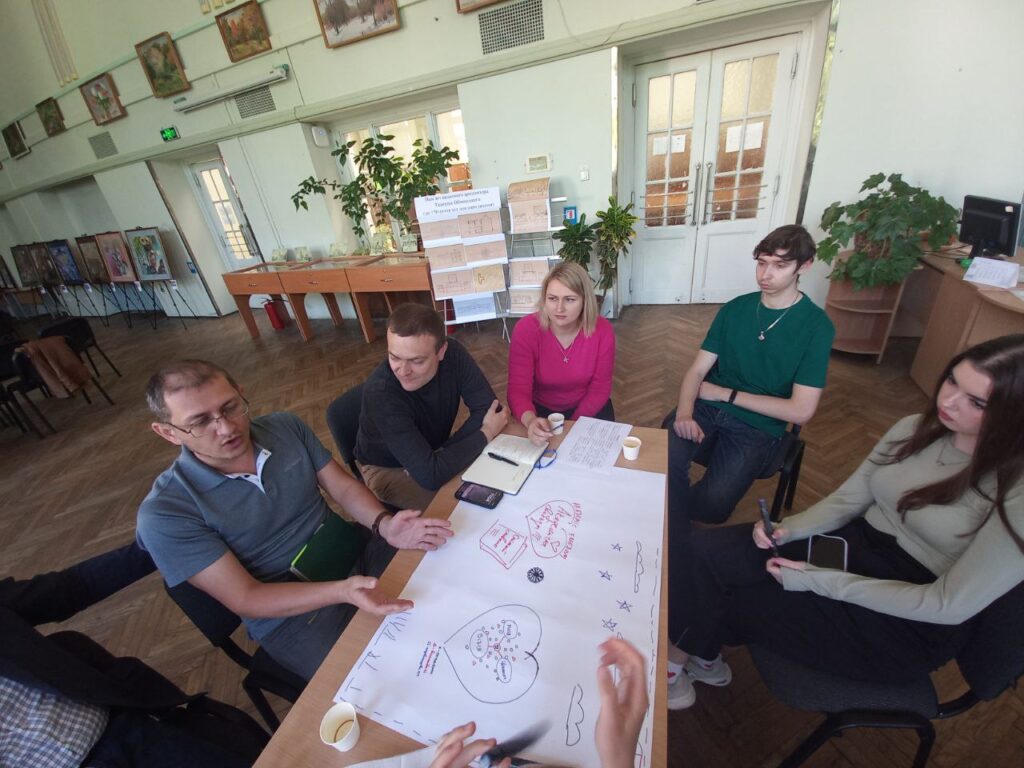
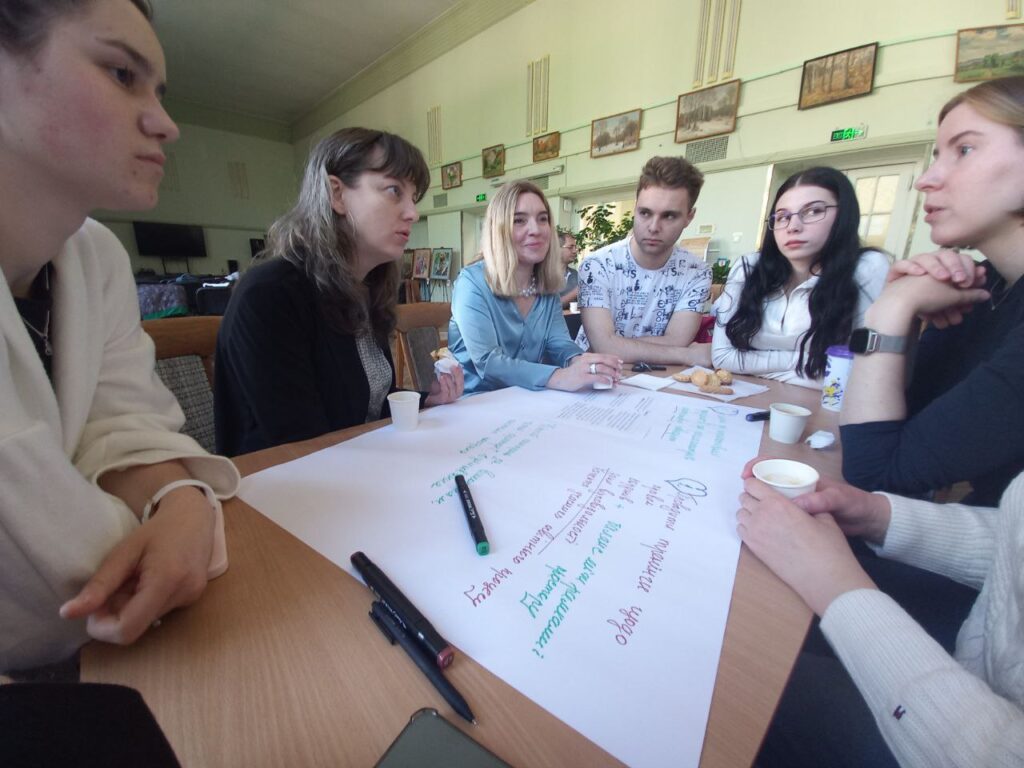
Given the event’s focus on cooperation between university management and the academic community in
responding to crisis situations, the participants in the teams proposed the following activities:
- Creating specialized commissions for crisis management, which will include representatives of the
academic community and administration for effective crisis management. - Developing and improving action plans to respond to different types of crisis situations.
- Conducting trainings and seminars on crisis management to improve crisis management skills.
- Creating a rapid information exchange system between participants in the joint crisis response
process. - Using the academic community’s expert potential to analyze crisis situations and develop
recommendations for their resolution. - Establishment of information and analytical centers that will monitor the situation and analyze data
for prompt response to crisis events. - Organizing interdisciplinary collaborative projects between different institutes, universities and
disciplines to address specific crisis-related issues. - Creating a psychological and practical support system for those who need help during crisis
situations. - Developing mechanisms of interaction with the public in order to inform the public and involve it in
crisis response. - Creating a partner network for rapid response to crisis situations and resource sharing.
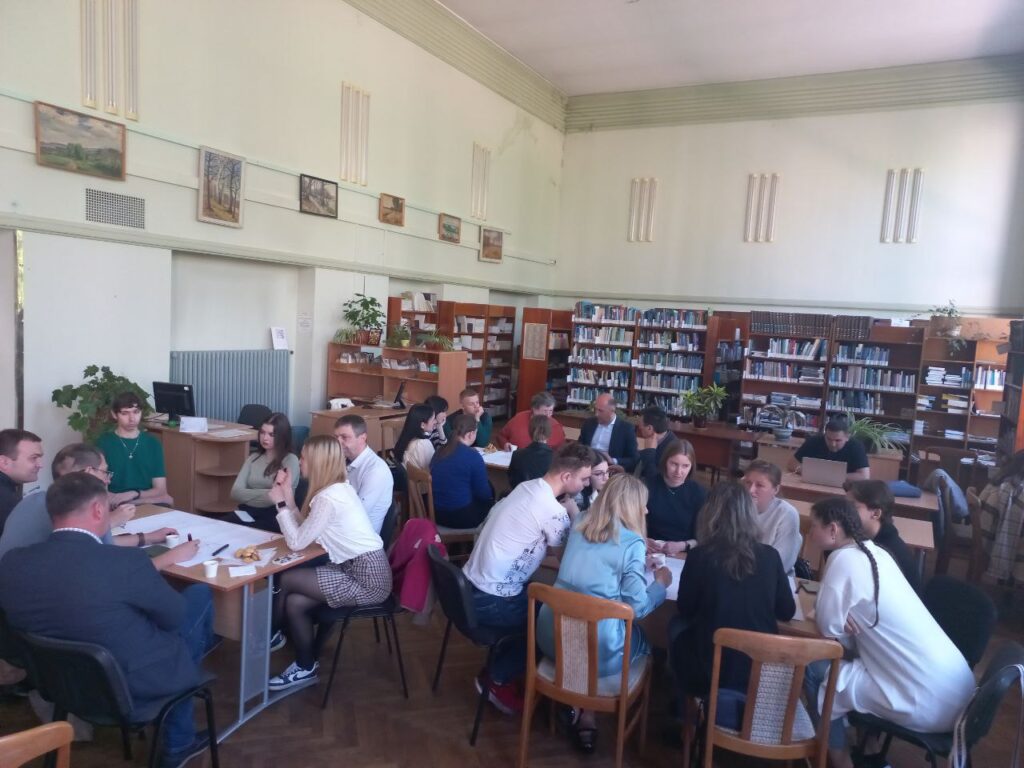
These proposals will serve as a basis for further improvement of crisis management mechanisms at
universities and will help to increase the level of preparation for dangers and challenges.
The event participants noted the high level of interactivity and fruitful exchange of ideas.

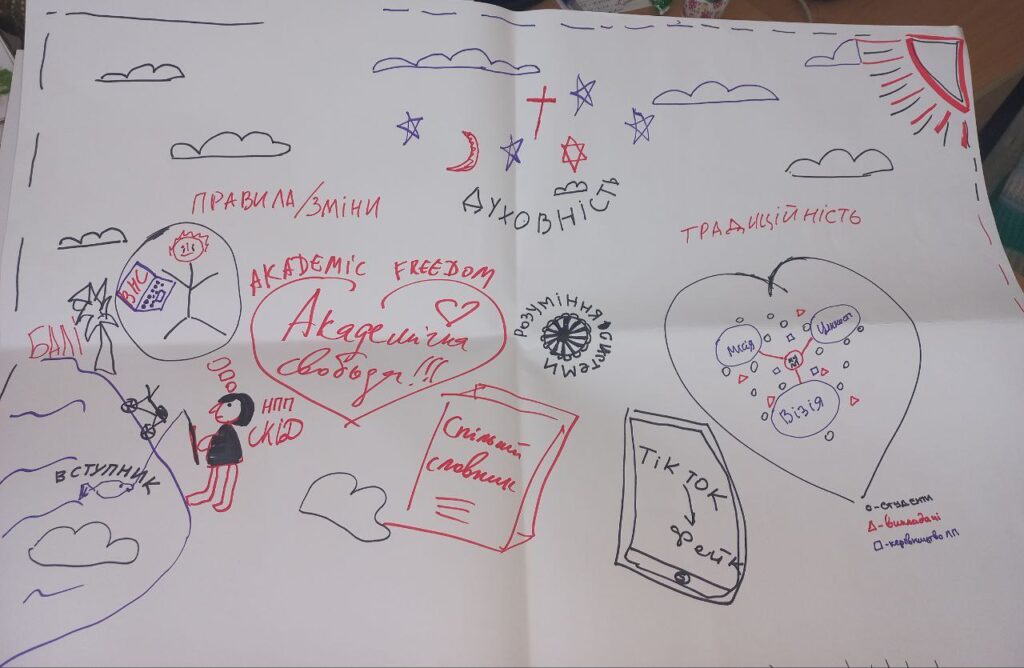
Follow the news of the Baltics4UA project and join the project team’s future events!